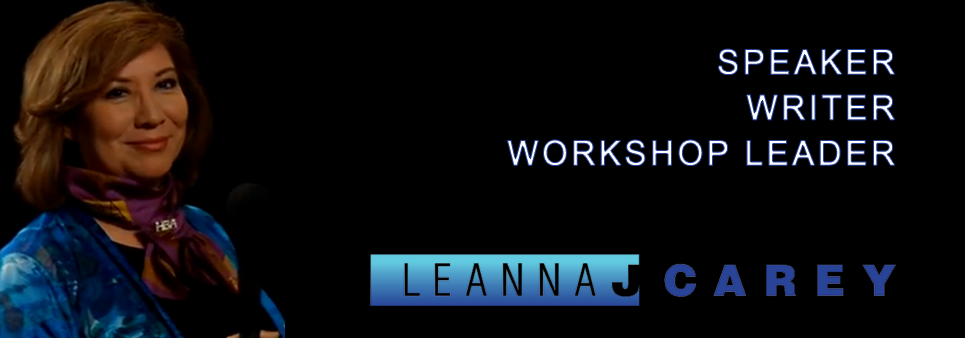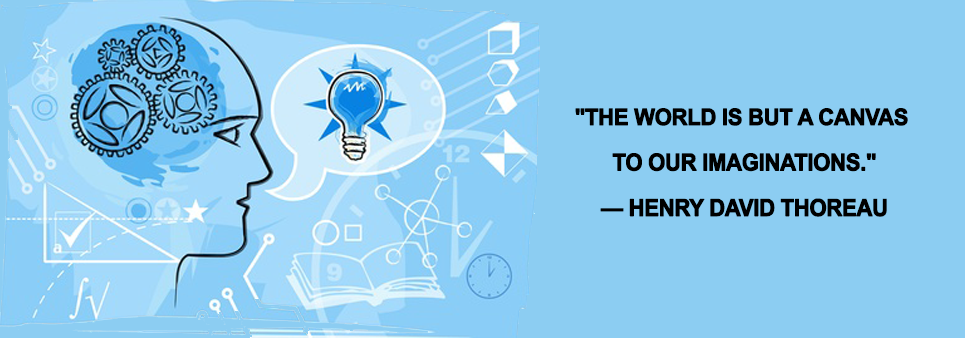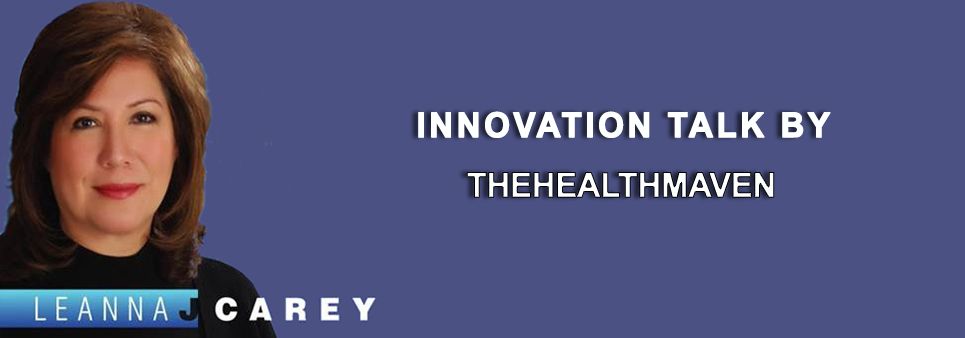I believe that Nietzsche had it wrong when he said, ” the world itself is the will to power – and nothing else! And you yourself are the will to power - and nothing else!” I would guess, that he was hanging in the wrong circles. Perhaps, his outlook would have been different had he been on Twitter, engaging with the tweeps and thought leaders that I encounter on a daily basis. Or, maybe, he was just exhausted by trying to out flank or speak louder than his contemporaries…one thing is for certain, he did not speak the language of social media. 
Social media is the language of engagement, exploring answers, building allies online, a focused purpose, passion or cause – at least, it is for many of us. I am involved in a chat on Thursdays at noon, #innochat and everyone knows not to call or disturb me during that delightful hour. The like minded humor and idea exchange is rapidly gaining the attention of the Twitterverse, because we speak the same language, whether a fabulous internet PR firm,author, management consultant, or innovator, we seem to be rather skilled at pulling out creative thoughts from one another.
What has been interesting, from the healthcare perspective, is the benefit of crossing market barriers and learning from other industries. Can I quantify the benefit of interacting on Twitter, probably, but, let’s just for the moment, look at the intangible of thinking and approaching challenges with a new mindset. There is an ROI, somewhere, trust me.
Case in point, the March issue of Forbes, features Clayton Christensen, as he shares his experience of being told by care givers and insurers that his theories did not apply to the complex healthcare industry. I am happy to point out that his books on innovation have been game changers in healthcare – clearly, he ignored the language of power. The collaborative nature of online communities has helped me look at the healthcare world differently; on a regular basis, my thinking is challenged to remain relevant, competitive and innovative. Those of you in healthcare can tap into #innochat as well, because healthcare still has a learning curve… Thanks Drew, Ken, Renee, Cathryn, Andrea, Bo, Chris, Gwen, Paulo, Julian. and all the other #innochat warriors…
 One of the benefits of speaking with physicians who believe in what they are doing, is that they inspire change at a completely different level – Passion! You’ll enjoy this BlogTalkRadio episode as both physicians discuss the importance of savoring the dining experience, the importance of sleep, and staying fit to become a more healthy minded consumer. For those of you who are interested in Lifestyle Medicine, they conclude by explaining why this emerging field is rewarding for both patients and physicians. I invite you to listen & enjoy! I’ll ask you my
One of the benefits of speaking with physicians who believe in what they are doing, is that they inspire change at a completely different level – Passion! You’ll enjoy this BlogTalkRadio episode as both physicians discuss the importance of savoring the dining experience, the importance of sleep, and staying fit to become a more healthy minded consumer. For those of you who are interested in Lifestyle Medicine, they conclude by explaining why this emerging field is rewarding for both patients and physicians. I invite you to listen & enjoy! I’ll ask you my







